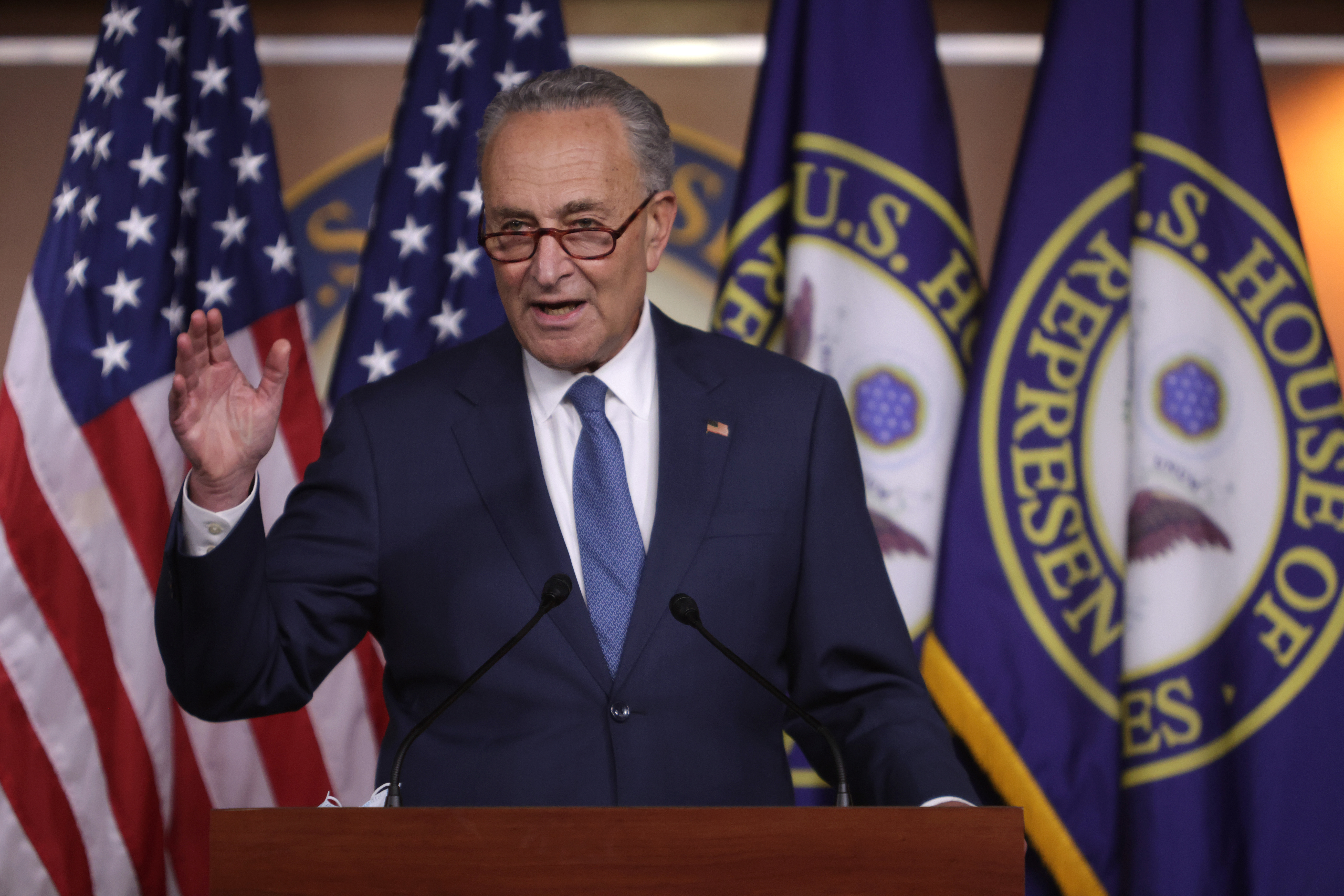The Senate Should Answer Biden’s Call for Public Interest Judicial Nominees
President Biden is looking to nominate public defenders, civil rights attorneys, and legal aid lawyers to the federal judiciary to offset the current corporate- and prosecutor-heavy bench. Senators should help him do so.

The Point
President Biden is looking to nominate public defenders, civil rights attorneys, and legal aid lawyers to the federal judiciary to offset the current corporate- and prosecutor-heavy bench. Senators should help him do so.
Senators should prioritize attorneys with public interest backgrounds when recommending and confirming federal judicial nominees:
- Senators must reject the status quo. For too long, prosecutors and corporate attorneys have saturated the nomination process, and as a result, the federal bench. President Biden has explicitly sought out recommended nominees with diverse professional backgrounds; senators should respond to this call for change.
- Senators should actively solicit recommendations of lawyers who have spent their careers representing everyday people instead of the government or private corporations. In recommending these lawyers, they should join Biden in highlighting the importance of balancing the bench.
- Senators will need to act fast. Since Biden was elected, federal judges have begun taking senior status, opening up multiple vacancies for Biden to fill.
Balancing the bench enhances justice for everyone and has broad support:
- The federal judiciary is severely unbalanced. For every former public defender currently serving as a federal judge, there are four former prosecutors, and that ratio increases to one in seven when considering all judges who previously represented the government.
- This lack of professional diversity has led to a judiciary that is far more inclined to decide cases in favor of the parties they spent their careers representing. For example, Jennifer Laurin and Kyle Barry criticize criminal law surrounding policing as “a decidedly one-sided and often factually-flawed narrative” that “policing is supremely dangerous; that police officers, under siege and sacrificing for the public good, cannot be second guessed; and that even when fundamental constitutional rights are at stake the police are owed great deference and should be trusted.”
- Putting more public defenders, civil rights attorneys, and legal aid attorneys on the bench means more judges with experience protecting vulnerable and marginalized people in our country. As Matthew Segal, the legal director of the ACLU of Massachusetts, wrote recently, “[W]here one judge sees a criminal suspect, an illegal border-crosser, or a deadbeat tenant, another judge might see a victim of racial profiling, an asylum seeker, or someone trying to survive after losing their job.”
- Prosecutors, public defenders, voters, and senators all agree that increasing professional diversity would benefit the judiciary. In California, New York, and New Jersey, support from likely voters for putting public defenders on the bench ranges from 62-65%, while support from Democrats range 81-84%.
Dive Deeper
- What Joe Biden Can Do to Overhaul the Federal Bench. Sarah Fair George joins The Appeal Live to talk about why, from her perspective as a prosecutor, it is important to appoint public defenders and civil rights lawyers to the judiciary.
- How the Supreme Court Has Turned False Narratives on Policing into More Police Power. Jennifer Laurin and Kyle C. Barry’s report breaks down why professional diversity on the bench is necessary to reform policing.
- New Jersey, New York and California Voters Want More Public Defenders, Civil Rights Lawyers on the Federal Bench. A new poll from Data for Progress and The Lab, a policy vertical of The Appeal, shows that voters in New York and California—two states with large numbers of federal judicial vacancies—overwhelmingly support their senators recommending more civil rights lawyers and public defenders for the federal bench.
- Yes, Pack the Court—Pack It with Public Interest Lawyers. No intellect or doctrine can overcome a judiciary inclined to favor government and the powerful against the accused and the vulnerable. And that is the federal judiciary we now have.

